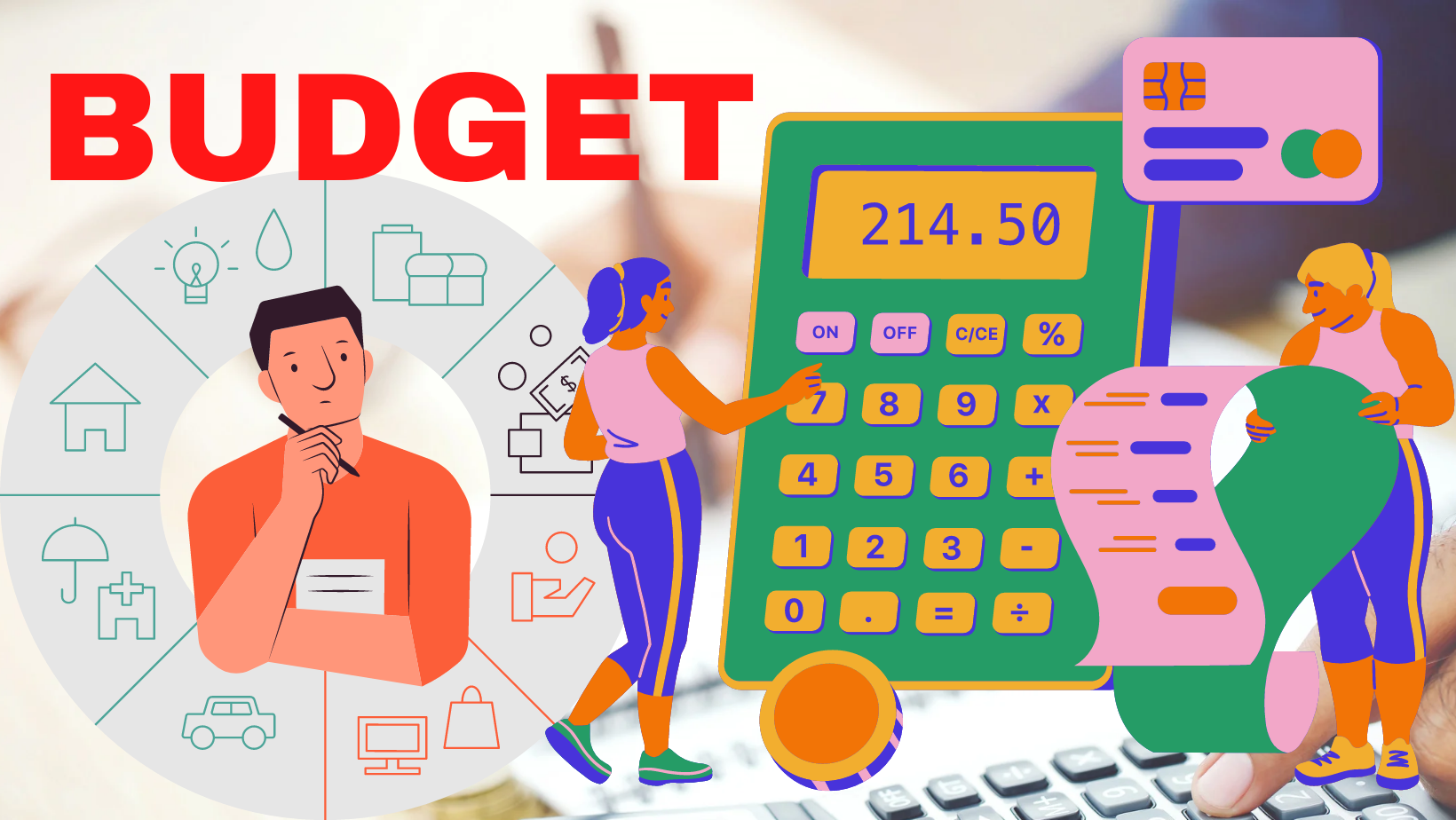Dinesh Patidar, Chairman and MD of Shakti Pumps sharing his expectations from the Union Budget 2023 said “We anticipate the Union Budget to place a major emphasis on the energy sector, considering the stated targets in green energy and its significance for economic growth, the government is likely to broaden the PLI incentives to integrate supply chains, fund and mobilize resources, and counteract the possibility of global risks and slowdown in development. To meet the goal of using non-fossil fuel power, solar will continue to play a significant role. Tax holidays should be provided to increase the ease of doing business for this technologically intensive industry. The government could also consider allowing the availment of credit or reducing the GST rates for the supply of raw materials used in the manufacturing of solar products. A major focus of the Budget will be to encourage the manufacturing of domestically produced cost-effective solar modules and a relief in GST for the R&D products required for the development could go a long way in establishing sufficient infrastructure for research and development that meets global standards at competitive prices. We believe that the government will offer concessional import duties on solar modules, which could defeat Atmanirbhar Bharat’s purpose of import substitution.
The PM-KUSUM scheme is a significant initiative for solarization that focuses on farmers who hold the majority of the market share for solar pumps. However, progress has been slow thus far; some states have approved solar pumps but haven’t installed any while most face the challenge of increasing awareness among the farmers about the scheme. In the future, we anticipate the availability of financing options for farmers in the form of formal credit to cover costs that are not subject to subsidies, the adoption of the proper pricing model to effectively expand the installation to remote areas, and the streamlining of administrative procedures. Another major focus of the Budget will be to provide the necessary infrastructure for the adoption and expansion of electric vehicles, by offering tax breaks and development incentives. After the success of the First & Second Round of Production Linked Incentive (PLI) Scheme, the third round should also be announced to attract investment in Electric Vehicle Component Manufacturing by offering incentives to Non-Automotive Investor /startups equivalent to the incentive available to the existing Automotive Investor.”


